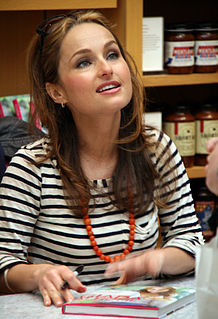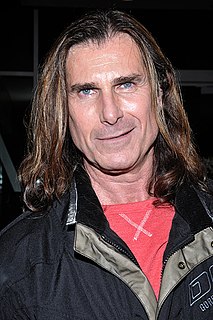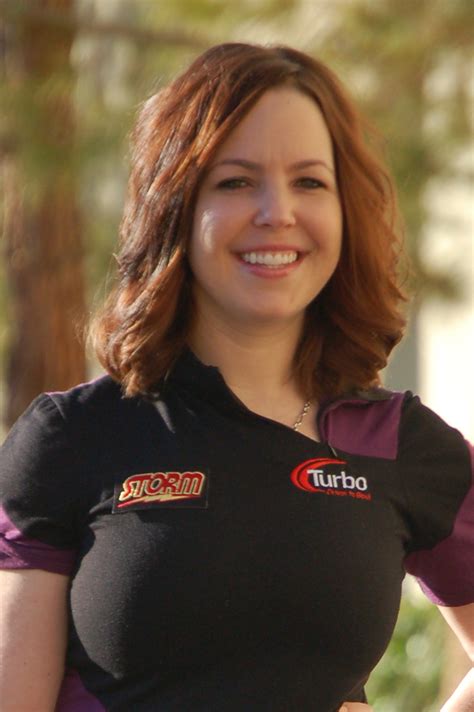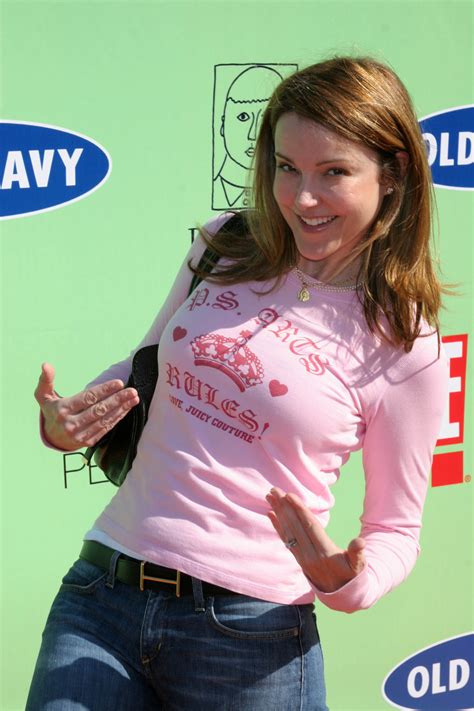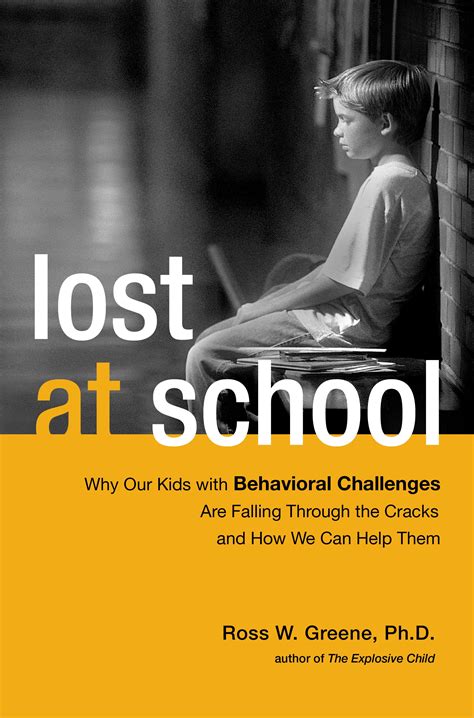Цитата Памелы Друкерман
Когда я говорю французским родителям, что знаю много американских детей, которые едят только макароны или только белый рис, они не могут в это поверить. Я имею в виду, они могут понять, как ребенок, предоставленный самому себе, мог это сделать, но они не могут себе представить, что родители позволили бы этому случиться.
Связанные цитаты
Мои родители покинули Иран в 1979 году и переехали во Францию, а затем в США. Мой брат родился во Франции, а я родился в Нью-Йорке. Я думаю, что мои родители уехали из Франции, потому что чувствовали, что их дети никогда не будут приняты французской культурой. Здесь они думали, что мы можем чувствовать себя американцами — что таким образом мы можем чувствовать себя в безопасности — что было важно для них, учитывая их опыт в Иране. Они шутили, что я могу стать президентом, потому что я единственный, кто родился в Америке.
Еда всегда была большой частью моей жизни. Мой дедушка был одним из 14 детей, и у его родителей была фабрика по производству макаронных изделий, поэтому в детстве он и его братья и сестры продавали макароны от двери к двери. После того, как он стал кинопродюсером, он открыл продовольственные магазины De Laurentiis — один в Лос-Анджелесе и один в Нью-Йорке.
Очевидно, что есть много-много способов быть аутсайдером, но родители-иммигранты — один из них. Во-первых, это делает вас переводчиком: есть много вещей, которые американские родители знают о жизни в Америке и о том, как быть ребенком в Америке, чего не знают неамериканские родители, и во многих случаях это падает на ребенку, чтобы рассказать им, а также ответить на вопросы американцев о родной стране их родителей.
Учитель никогда не будет родителем. Родители есть родители. Но они должны заниматься каким-то активным образованием, помимо простого обучения математике, французскому и английскому языку, потому что дети проводят там больше времени, чем с родителями в этом возрасте. Мы должны смириться с тем, что другие взрослые будут участвовать в образовании наших детей, и у них будут плохие учителя. Это произойдет.
Дети знают, что им не справиться в одиночку, но в то же время в каждом из нас заложена этика выживания. В нем говорится: «Никому нет дела, и ты должен заботиться о себе, и если ты не будешь этого делать, ты умрешь». Эти две вещи работают друг против друга. Я думаю, что большинство детей очень боятся своих родителей, и это то, что отражено во всех сказках: родители подведут тебя, и ты останешься один. Но, конечно же, в конце концов все выходит хорошо, и родители забирают тебя обратно.
Многие родители не совсем уверены, как решить проблему с ребенком таким образом, чтобы это было взаимно удовлетворительно — делать это со своим ребенком кажется очень чуждым для многих людей. Вероятно, это объясняет, почему так много родителей говорят мне, что их дети их не слушают, и почему так много детей говорят мне, что они не чувствуют себя услышанными.



